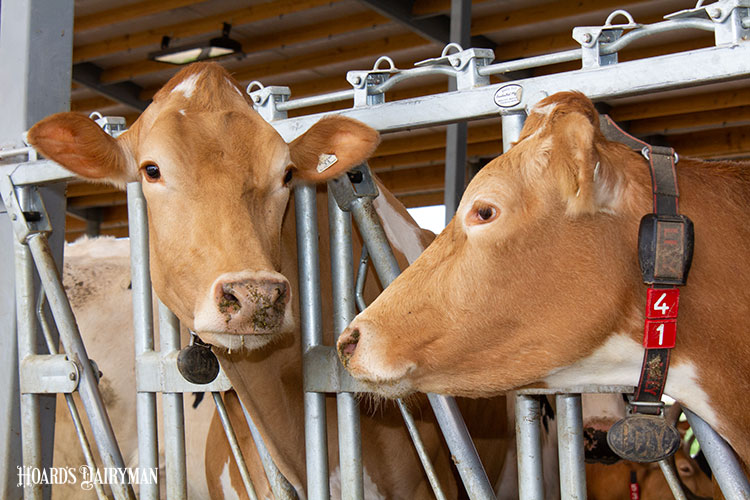
A study from the University of Wisconsin evaluated the association between the occurrence of mastitis and the number of pregnancies per artificial insemination (p/A.I.) on four commercial dairy farms. As a metric, p/A.I. is equivalent to the conception rate. For this study, the investigators enrolled 3,144 cows in their breeding risk period, which includes three days before and 32 days after the first insemination relative to calving.
The investigators reported that cows with clinical mastitis yielded 0.31 p/A.I., whereas healthy cows yielded 0.44 p/A.I. After further analysis, the investigators reported that cows with mild clinical mastitis yielded 0.33 p/A.I., while cows with moderate to severe clinical mastitis yielded 0.28 p/A.I. The latter results imply that the odds of pregnancy are 25% to 36% less for cows with clinical mastitis than for healthy cows.
From a management perspective, having a broad lens and putting pieces together is critical to tackle inefficiencies and take advantage of opportunities. Do not limit yourself to evaluating heat detection or insemination techniques (among other directly related issues) when the reproduction performance of the herd is poor. Pay close attention to herd health and nutrition programs, among many other areas. After all, we deal with complex biological systems with multiple indirect associations between variables.








